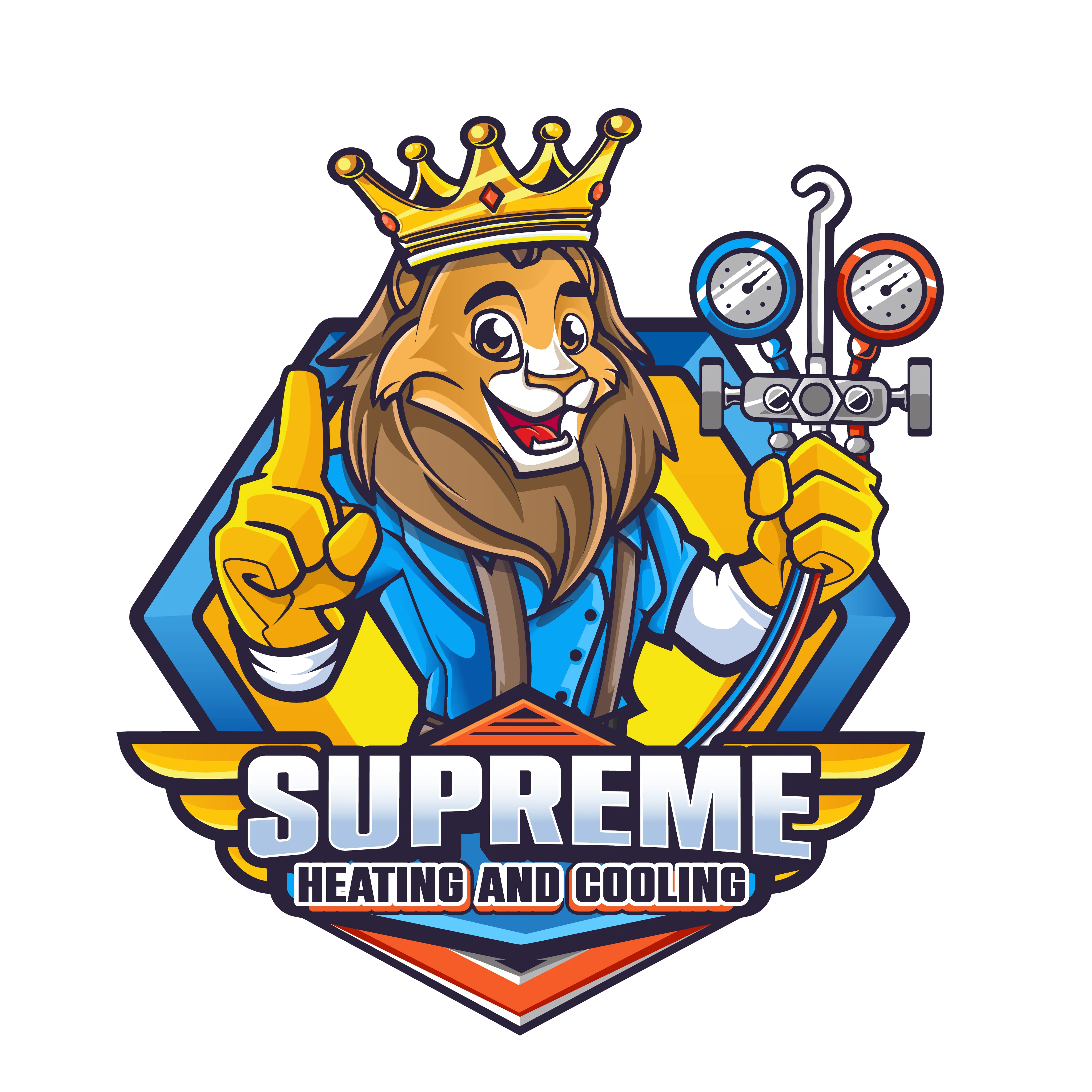.jpg)
Construction activity in Penn Hills may be a sign of growth, but it also comes with side effects that many residents do not expect. One of the most noticeable issues is the amount of dust created, both indoors and outdoors. Whether it is a new home going up down the road or road work around your block, construction dust has a way of sneaking into your home. Even with the windows closed, fine particles can enter through small gaps and quickly collect on furniture, floors, and air vents.
Along with being a nuisance to clean, construction dust has a direct impact on indoor air quality in Penn Hills homes. While small amounts of dust may seem harmless, repeated exposure over time can contribute to ongoing problems. Many homeowners are seeing more sneezing, coughing, or lingering odors indoors during times of nearby construction. Safeguarding your home’s air quality requires understanding how construction dust affects your space and what can be done about it.
Improving Indoor Air Quality Amidst Construction Dust in Penn Hills
When construction zones go up nearby, dust becomes a common complaint among Penn Hills residents. Unlike the dust from typical daily activity inside your home, construction dust carries a higher volume of fine particles, including concrete, drywall, and sawdust. These particles may look harmless, but they can bury deep into systems like your HVAC unit or settle where it is hardest to remove, such as in air ducts or carpet padding.
As homes take in outdoor air through ventilation systems or even brief door openings, this dust gets circulated throughout the house. This often starts to affect your indoor air quality in several ways:
– Clogged air filters from increased dust flow
– Build-up inside ducts and vents
– Lingering particles that never fully settle
– Contaminants entering areas like basements and attics undetected
Poor indoor air quality from construction dust can lead to more than just a visible mess. Residents, especially children and older adults, may start to experience ongoing throat irritation, congestion, or sinus discomfort. For people with asthma or respiratory concerns, increased indoor dust can worsen symptoms and reduce comfort indoors.
In one example, a Penn Hills homeowner living near a new housing development noticed constant dust on their hardwood floors, even after regular cleaning. The home’s central air system became less efficient, and the family dealt with repeated sneezing and dry air indoors. Similar issues can affect any home close to active construction if the indoor air is not filtered or treated effectively.
Thankfully, there are practical solutions that can significantly reduce how much construction dust enters and circulates within your home.
Effective Air Filtration Solutions for Penn Hills Homes
Not all air filters are built the same. When construction dust becomes an issue, choosing the right air filtration system can make a noticeable difference. Some systems are suitable for daily indoor air pollutants like pet dander or pollen, but construction dust requires more advanced options to trap finer particles.
Here are a few air filtration systems recommended for homes in Penn Hills:
1. High-Efficiency Particulate Air (HEPA) Filters
HEPA filters are among the most reliable choices for capturing small particles. These filters trap microscopic dust and can lower dust levels considerably when installed correctly. They are available in portable air purifiers and as additions to existing HVAC systems.
2. UV Air Purifiers
While HEPA filters capture dust, UV air purifiers go further by reducing airborne bacteria, mold spores, and other microscopic contaminants. These systems use ultraviolet light to treat air that passes through your ducts, making them useful for homes exposed to both dust and poor air freshness.
3. Whole-House Air Filtration Systems
These filtration systems connect to your HVAC unit and treat the air throughout the entire home. They offer consistent air quality and eliminate the need for multiple portable units in different rooms.
4. Pleated Media Filters
More effective than standard fiberglass filters, pleated filters have a larger surface area that captures finer dust particles without overwhelming your HVAC unit.
Determining the best system depends on your home’s layout, HVAC design, and how close you are to active construction. Homes with more frequent dust exposure may benefit most from a whole-house system paired with HEPA filters for added protection.
Maintaining Air Filtration Systems for Optimal Performance
Installing the right air filtration system is just the beginning. Regular maintenance is necessary to retain the performance of any dust management setup. Homes in Penn Hills located near frequent construction sites may require more care than average.
To maintain an efficient system, use this checklist:
– Check and replace air filters routinely. During construction seasons, inspect filters monthly. Replacement may be needed every 30 to 60 days.
– Clean intake and return vents. Dust often collects around vent covers, and wiping them weekly prevents extra particles from circulating in your home.
– Examine your HVAC system’s exterior components. Construction debris around outdoor units can affect airflow. Keep these areas clear for better system performance.
– Schedule seasonal HVAC tune-ups. Our technicians can catch issues like clogged ducts, worn filters, or inefficient airflow before they worsen.
– Pay attention to warning signs. If filters become dirty shortly after replacement or airflow seems restricted, the issue may be within your ductwork.
For example, one Penn Hills homeowner near a commercial project found black filters only two weeks after replacing them. After a full duct cleaning and system check, their indoor air improved quickly, and fewer filtration issues were reported over the following months.
Following a consistent maintenance plan protects your system’s function and keeps your home protected from airborne dust buildup.
Additional Tips to Reduce Indoor Dust in Penn Hills Homes
Air filtration systems offer strong support, but daily habits and small changes can also reduce the effects of construction dust in your home.
Here are a few practical measures you can take to manage everyday buildup:
- Keep doors and windows closed during nearby projects. Use weather stripping to seal small gaps where dust could sneak in.
- Place sturdy doormats at all entrances and clean shoes before walking inside. Better yet, remove shoes near the doorway to stop tracked-in debris.
- Use vacuum cleaners with HEPA filters. These are more effective than standard models at picking up smaller particles without stirring them into the air again.
- Clean surfaces using damp cloths or mops. Dry dusting tends to recirculate dust. Moist methods actually lift dust from surfaces and trap it.
- Wash window treatments and fabrics regularly. Curtains and upholstery tend to attract and hold onto settling particles.
- Add low-maintenance air-purifying plants around your home. While not a substitute for filtration systems, some plants contribute to cleaner air inside.
These habits reduce dust accumulation and improve your HVAC system’s workload by supporting cleaner airflow and indoor conditions.
Why Choose Professional Help for Air Quality Management
Some homes in Penn Hills may still struggle with indoor dust levels despite having filters, good maintenance routines, and regular cleaning. The layout and condition of your HVAC system, insulation, or venting may contribute to ongoing air quality concerns.
Calling in trained professionals can offer support where generic solutions fall short. Our professionals know how to evaluate ventilation systems, spot air entry points, and determine whether duct cleaning or system upgrades are necessary. They provide custom recommendations that depend on your home’s needs and your specific challenges related to construction dust in the area.
Ongoing service appointments relieve pressure from homeowners and help ensure HVAC systems are prepared for seasonal changes. In summer especially, exposed soil and roadwork increase dust in the air. A properly serviced system keeps your indoor space safer and more comfortable.
Construction dust creates long-term air quality risks that should not be ignored. From physical discomfort to health concerns for your family, the effects can be more than surface level. Having our technicians address air quality professionally helps reduce those risks with tested solutions that fit how your home operates.
If construction activity is starting to impact the comfort of your home, Supreme Heating and Cooling can help you take control with expert solutions designed to improve indoor air quality in Penn Hills. For a quick estimate or to book a service visit, please contact us today.

.svg)

.webp)


.svg)
.webp)
.svg)
